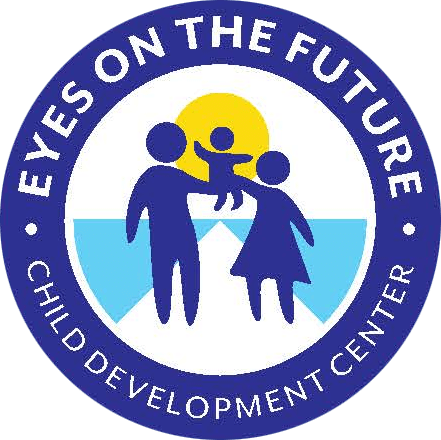Our Teaching Approach
Curiosity-Based Learning
All-Inclusive Program
Founded in 1994
We Are Open For Care 7:30 am - 5:30 pm
We Speak English, Spanish, and Russian
Hours:
Request a Call Back
Hero Request Form
Thank you for contacting us.
We will get back to you as soon as possible
Please try again later
Our Approach to Early Learning
-
The Broad Areas of Early Learning
Early learning and development from birth to 5 years of age can be broadly classified into five areas. These learning areas are not only crucial for your child's school readiness but also for their long-term success.
1. Approaches toward learning
- Includes incorporating and nurturing the development of emotional, behavioral, and cognitive self-regulation
- Initiative, curiosity, and creativity
2. Social and emotional development
- Social development skills of a child can be simplified as learning to create and sustain meaningful relationships with adults and their peers
- Emotional development can be described as a child’s potential to express, recognize, and manage their own emotions in addition to providing appropriate responses to others’ emotions
3. Cognition
4. Language and literacy
5. Perceptual, motor, and physical development
-
Guiding Principles
- Each child is unique and possesses the ability to succeed
- Learning happens within the context of relationship
- The first and most significant caregivers, teachers, and advocates of children are their families
- Providing the children with an emotionally and physically safe and secure environment helps them learn in the best way possible
- Areas of development are integrated through play and children have the ability to grasp many concepts and skills at the same time
- It is mandatory for teaching to be intentional
- Every child possesses diverse strengths embedded in their family’s culture, background, language, and beliefs
-
Our Curriculum Design
Our curriculum has been formulated after drawing inspiration from a number of research-based frameworks. These include the Illinois Board of Education’s (ISBE) Early Learning Program, Head Start Early Learning Outcomes Framework, National Association for the Education of Young Children (NAEYC), etc.
The curriculum develops into an effective tool for learning when its foundation is strengthened by the alignment of teachers' instructions with opportunities for play, exploration, discovery, and problem-solving in specific areas of early learning outcomes.
-
Approach to Guidance and Discipline
At Eyes On The Future Child Development Center, we understand that establishing a strong relationship between the teacher and the child and between the center and the family are vital to guidance and discipline. This relationship begins with your initial visit to the center. It continues through classroom activities and the child observing the cordial conversation between you and the teacher.
The teacher uses positive guidance techniques such as modeling and encouraging expected behavior, redirecting children to a more acceptable activity, and setting clear limits to facilitate the development of self-control. We ensure that the teacher’s expectations of your child’s behavior should match and respect the developing capabilities of your child.
At our center, we provide many opportunities to help your child develop social skills like modeling and encouraging expected behavior, redirecting your child to a more acceptable activity, and setting clear limits. You’ll be pleased to know that the teacher will facilitate the development of these positive social skills at all times.
Our teachers are attentive to signs of undue stress in children. They have knowledge of appropriate stress-reducing activities and techniques. Your child’s guidance and discipline issues will be managed by the teacher during the regular classroom routine. When the normal guidance technique fails, the teacher will speak to you and a parent conference may be requested so that all information about your child can be shared. This will also help in developing your child’s center-home plan. Punitive, threatening, or embarrassing techniques will not be used by the teacher.
Request a Private Tour
127 Years of Combined Experience
Call today!
(773) 219-0535


Share On: